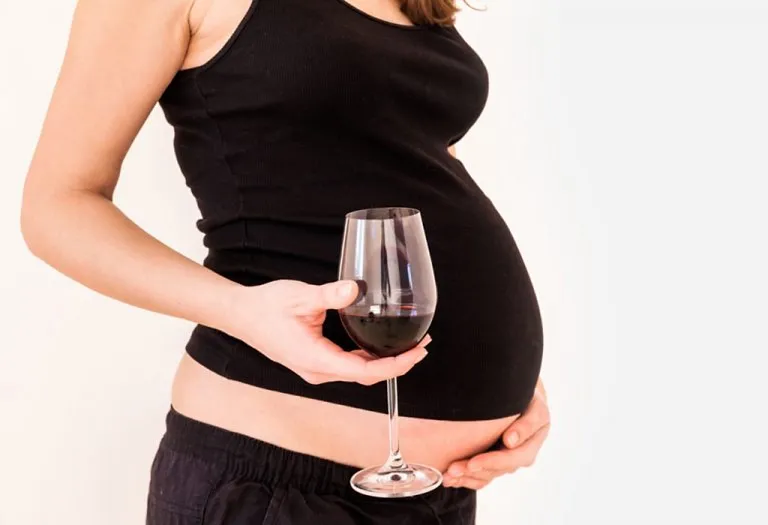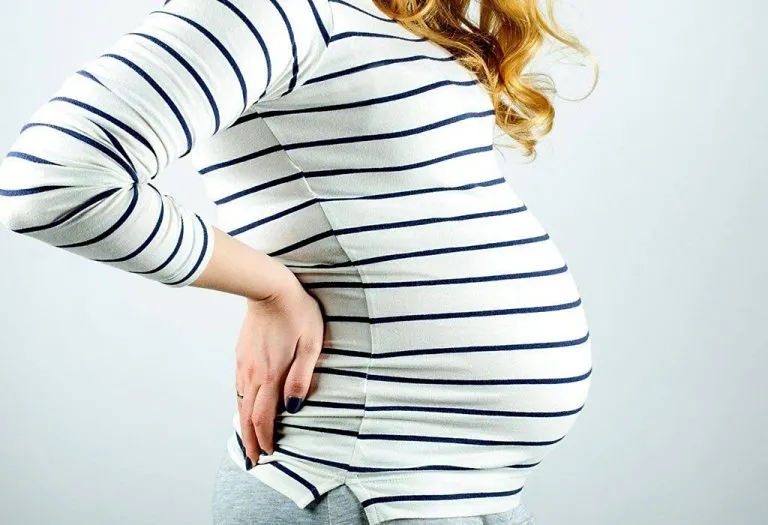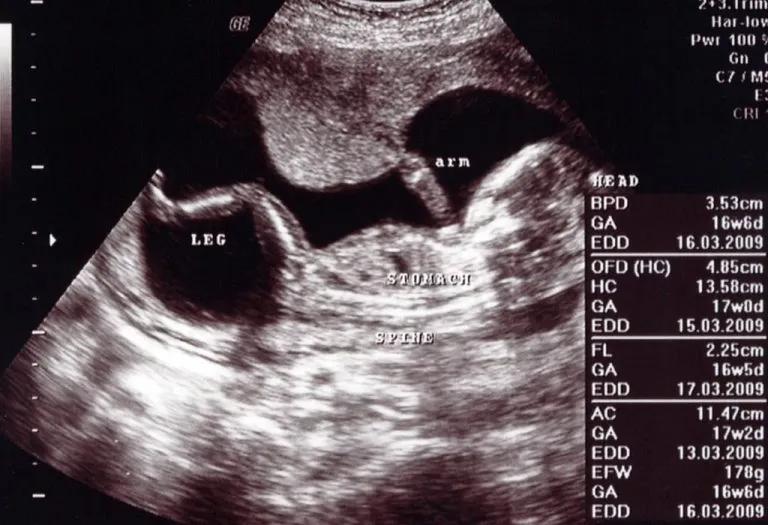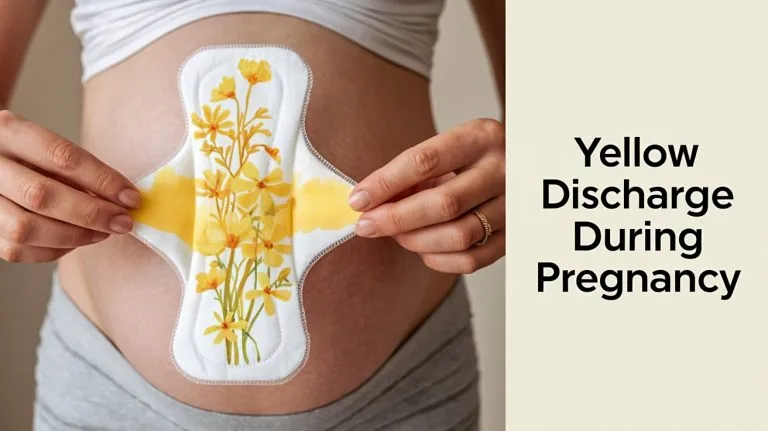Riding a Roller Coaster in Pregnancy – Is It Safe?

Letting yourself have the best of your pregnancy is what you might have been looking forward to for the longest time. Going for trips, visiting that museum you’ve wanted to, and numerous items on your to-do list might get checked off. But opting for amusement park rides during pregnancy might not be checked off as much as you’d want to. The notion of keeping your baby safe during pregnancy can get quite paranoid at times, and you might wonder if it is safe to ride a rollercoaster while you are pregnant or just avoid it altogether.
Can Pregnant Women Ride a Roller Coaster?
Going to an amusement park and letting yourself enjoy the rides might make for a fun day altogether. But as safe as gentle rides might be, a rollercoaster might not be the safest option for your baby and even yourself.
That being said, there isn’t any conclusive evidence of any scientific studies that have deemed rollercoaster rides as dangerous for pregnant women. But along similar lines, their safety hasn’t been confirmed as well. Many rides do tend to display a sign outside warning pregnant women about the risks of this ride.
You are susceptible to the highest amount of risk during the first trimester of your pregnancy, which can be elevated with the ride; however, opting for it at a later stage of pregnancy can result in complications in your foetus, too.
What Are the Risks of Riding a Roller Coaster in Pregnancy?
For women wondering if riding roller coasters when pregnant can affect the pregnancy, it is necessary to be aware of certain risks that you would be exposing yourself to. A primary one in this regard usually affects women in the first trimester of pregnancy.
1. Placental Abruption
The first trimester is the time when the embryo is just attempting to get implanted within the uterus and secure itself properly. Even later on, the placenta plays a vital role in providing all the nutrients to the fetus and keeping it in place. Placental abruption is a complication when the placenta separates from the uterine lining, causing immense bleeding. This can either cause the child to be born with low body weight at its minimal risk or be fatal for both the mother and the child at its worst.
This usually is a result of various disorders but can also occur as a result of a massive jerk to the body, which can be experienced in automobile accidents or roller coaster rides. An internal haemorrhaging is usually observed in such cases.
2. Miscarriage
In the first trimester, the abrupt and jarring movements of the roller coaster are unlikely to cause a miscarriage, as the foetus is in its early developmental stages. But as the general directive for safety, you should avoid roller coasters throughout your pregnancy, especially in the later stages to prevent any harm to the baby.
Signs Indicating Complications After Riding a Roller Coaster
Most of the times, the effects of the rollercoaster rides might not evident right away. Some rides might even be safe, but it is best to contact your doctor immediately if you start experiencing any of the following symptoms after completing your ride.
- Continuous contractions in the abdomen that don’t seem to subside even after a long time.
- Immense bleeding from the vagina.
- Intense pain in the back and the abdominal region.
- The beginning of abdominal pain all of a sudden, which increases rapidly.
Safety Suggestions for Riding a Roller Coaster While Pregnant
When it comes to riding roller coasters during pregnancy, safety is paramount for both the expecting mother and the unborn child. While the ideal recommendation is to avoid roller coaster rides until after delivery, if you’ve already experienced one and aren’t facing any concerning symptoms, there may be minimal cause for worry. Nevertheless, it’s crucial to be well-informed and take necessary precautions to ensure a safe experience. Here are some safety suggestions for pregnant women considering or having already taken a roller coaster ride:
- Before planning any amusement park visit or engaging in roller coaster rides, consult with your healthcare provider. They can provide personalized advice based on your health, the stage of your pregnancy, and any specific concerns.
- Familiarize yourself with the specific safety guidelines and restrictions of the roller coaster you plan to ride. Some rides may have height or health restrictions that are particularly crucial for pregnant women to adhere to.
- Opt for mild and family-friendly rides rather than extreme and high-thrill roller coasters. Slow-paced rides and those without sudden drops or intense G-forces are generally safer for pregnant women.
- Roller coasters with sharp turns, sudden drops, or inversions can subject the body to abrupt movements and forces. Avoid rides with these characteristics, as they may pose a higher risk during pregnancy.
- If you decide to go on a roller coaster, make sure the lap bar or harness is securely fastened and follows the ride’s safety instructions. Ensure that the restraint system does not apply excessive pressure on your abdomen.
- Pay close attention to your body’s signals during and after the ride. If you experience any discomfort, dizziness, nausea, or other unusual symptoms, seek assistance immediately and inform park staff.
- Amusement parks can be physically demanding, so stay hydrated and take regular breaks. Prolonged periods of standing or walking in the heat can contribute to fatigue, and it’s essential to prioritize your well-being.
- Pregnancy alters your center of gravity, making you more prone to losing balance. Be cautious when navigating stairs, ramps, and uneven surfaces within the amusement park.
- Adhere to all park rules and regulations, and don’t hesitate to ask park staff for guidance or clarification on which rides are safe for pregnant women. Your safety and the safety of your unborn child should be the top priority.
So this was all about pregnancy and roller coasters. It is truly not safe to choose to ride roller coasters while pregnant in the first trimester, since the chances of miscarriage are highest at that stage. As you progress through your pregnancy, sitting on a rollercoaster ride can increase your blood pressure or cause stress on the abdomen, which isn’t safe for the child. The option of being tightly strapped in isn’t going to make things easier on you or your unborn baby either. Keep your baby’s safety a priority and choose to enjoy other safe games instead.
References/Resources:
1. Roller Coasters While Pregnant; American Pregnancy Association; https://americanpregnancy.org/healthy-pregnancy/is-it-safe/roller-coasters-while-pregnant/
2. Placental Abruption; Cleveland Clinic; https://my.clevelandclinic.org/health/diseases/9435-placental-abruption
3. Riding Roller Coasters May Actually Be ‘Death-defying’ For People With Heart Disease; American Heart Association; Science Daily; https://www.sciencedaily.com/releases/2005/11/051118111404.htm
4. Ananth. C, Lavery. J, Vintzelios. A, et al.; Severe placental abruption: clinical definition and associations with maternal complications; American Journal of Obstetrics & Gynecology; https://www.ajog.org/article/S0002-9378%2815%2901120-5/fulltext; September 2015
5. Murphy. N, Quinlan. J; Trauma in Pregnancy: Assessment, Management, and Prevention; American Family Physician; https://www.aafp.org/pubs/afp/issues/2014/1115/p717.html; November 2014
6. Exercise During Pregnancy FAQs; The American College of Obstetricians and Gynecologists; https://www.acog.org/womens-health/faqs/exercise-during-pregnancy
Also Read:
Boating while Pregnant
Travelling By Bus during Pregnancy
Travelling By Train in Pregnancy
Is It Safe to Ride a Horse when Pregnant?
Driving Two Wheeler in Pregnancy
Was This Article Helpful?
Parenting is a huge responsibility, for you as a caregiver, but also for us as a parenting content platform. We understand that and take our responsibility of creating credible content seriously. FirstCry Parenting articles are written and published only after extensive research using factually sound references to deliver quality content that is accurate, validated by experts, and completely reliable. To understand how we go about creating content that is credible, read our editorial policy here.




































